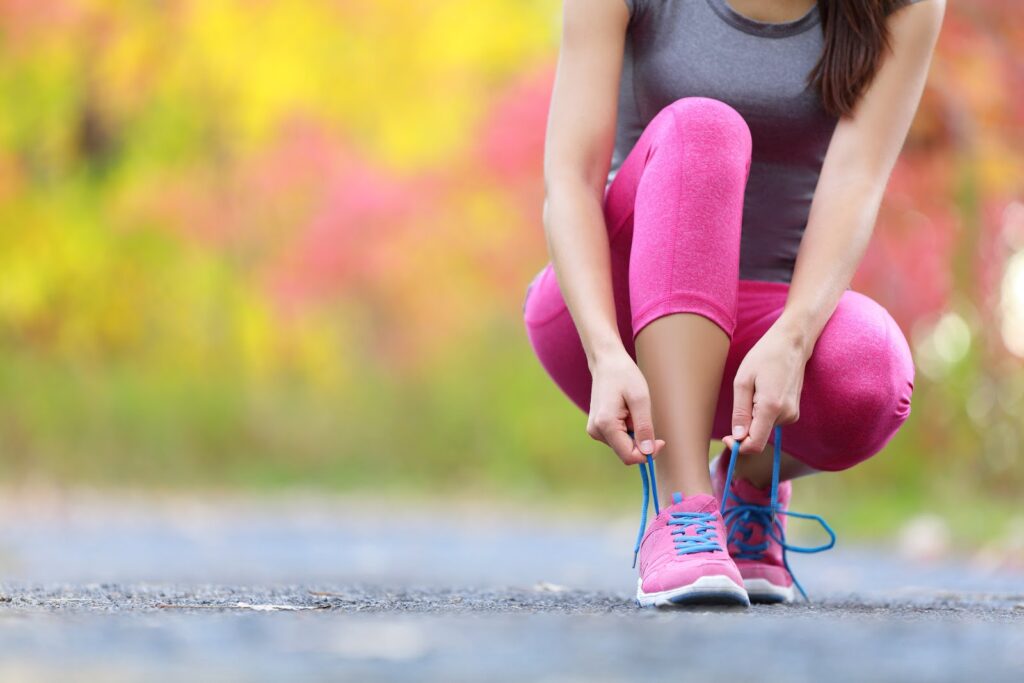
With the opioid crisis in mind, understanding the progression from tolerance to dependence to addiction is crucial, and knowing how to intervene and support loved ones through addiction recovery can help address this growing issue.

A high-functioning alcoholic is someone with an alcohol use disorder who manages to maintain their daily responsibilities, but may exhibit signs such as secretive drinking, reliance on alcohol to relax, and issues at work or in relationships, despite the harmful physical and emotional effects.

Managing anger involves recognizing uncontrollable situations, controlling your response through strategies like deep breathing, mindfulness, and humor, and seeking professional help when necessary to maintain emotional well-being.

International Women’s Day highlights the importance of addressing women’s pain management issues, including the challenges of managing chronic pain and the stigma around seeking treatment, while emphasizing self-care, social support, and non-medical pain management techniques.

Nutrition, as part of the performance triad, involves making healthy food choices, proper meal timing, and balanced dietary intake to support overall health, energy, and well-being, while avoiding harmful foods and supplements that can impair physical and mental performance.

In relationships, cultivating the habit of cherishing and focusing on the positives, rather than criticizing, fosters gratitude and strengthens connection, as exemplified by the small daily gesture of asking about each other’s day.

New Year’s resolutions to lose weight and exercise can combat sedentary lifestyles and obesity, but long-term success comes from sustainable lifestyle changes, nutritious eating, regular physical activity, and strong social support.

Violence against women, affecting 1 in 3 globally, can be addressed through education, bystander intervention, support systems, and empowering women to break cycles of abuse while emphasizing the importance of consent.








